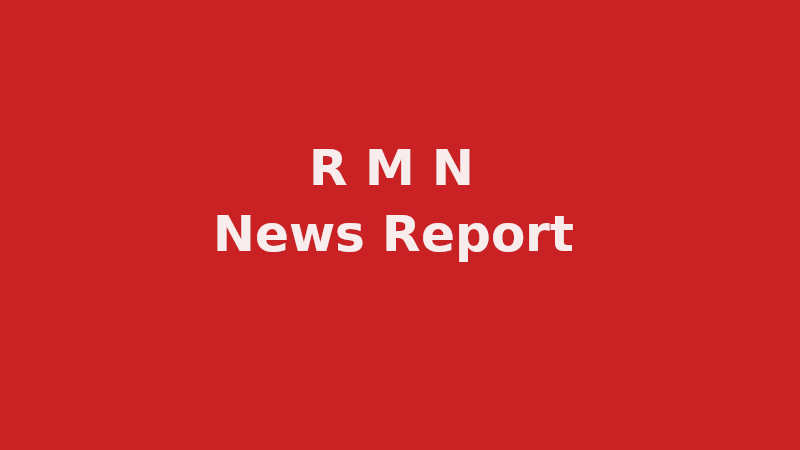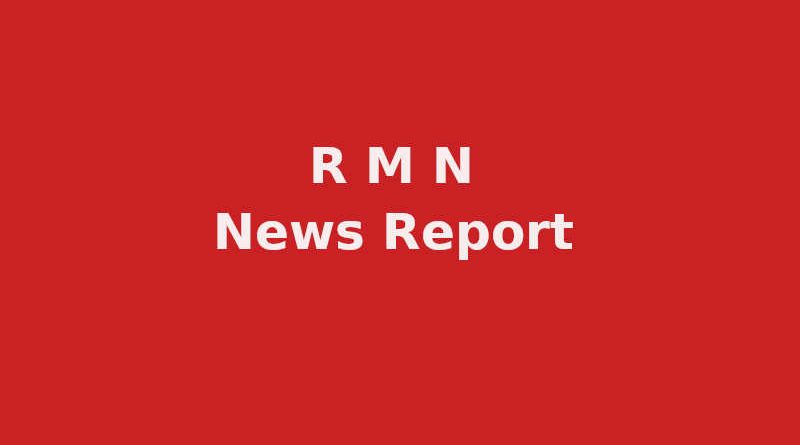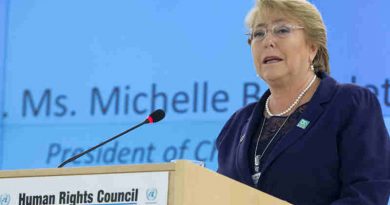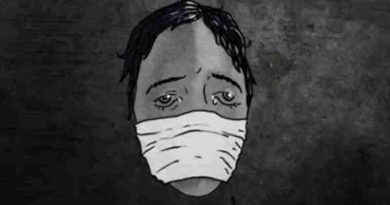U.S. Imposes Visa Restrictions on Nicaraguan Individuals

The imposition of sanctions is a weak punishment, which is ignored by the authoritarian nations.
By RMN News Service
The U.S. Department of State has imposed visa restrictions on 50 immediate family members of Nicaraguan National Assembly representatives and Nicaraguan prosecutors and judges. As these actions demonstrate, the United States says it is committed to promoting broad accountability for anyone responsible for or benefiting from the Ortega-Murillo regime’s attacks on democratic institutions.
In these last two months alone, the regime has arrested 32 political opponents and pro-democracy actors, including seven presidential candidates, a vice-presidential candidate, student activists, private sector leaders, defense attorneys, and others. This includes the detention of 27-year-old Berenice Quezada, a brave Nicaraguan who courageously stepped forward to run for vice president as an opposition candidate despite the increasing repression.
In a statement released Friday (August 6), the U.S. Department of State said Ortega and Murillo once again demonstrated that they are afraid of running against anyone who they feel might win the support of the Nicaraguan people.
In response, on July 12 the Secretary announced visa restrictions against 100 Nicaraguan legislators, judges, prosecutors, and family members of those officials under a visa restriction policy that applies to Nicaraguans believed to be responsible for, or complicit in, undermining democracy, including those with responsibility for, or complicity in, the suppression of peaceful protests or abuse of human rights, and the immediate family members of such persons.
The statement added that the U.S. is announcing visa restrictions against a further 50 individuals, all immediate family members of regime-affiliated officials who have directly contributed to measures adopted by the Government of Nicaragua that do not meet the conditions for transparent, free, and fair elections to which all OAS (Organization of American States) member states have committed under the Inter-American Democratic Charter.
As demonstrated by these visa actions and recent sanctions, the United States says it will continue to use diplomatic and economic tools to promote accountability for those who enable Ortega and Murillo’s repression.
The imposition of sanctions is a weak punishment, which is ignored by the authoritarian nations. In the past, countries such as Belarus, Cuba, China, Russia, and North Korea have been sanctioned, but authoritarianism and human rights violations have only increased in these countries.
On August 2, the European Union (EU) had imposed targeted sanctions on eight Nicaraguans accused of “serious human rights violations” and undermining democracy, including Vice President Rosario Murillo.
According to Human Rights Watch, the sanctions include freezing assets, forbidding EU citizens and companies from making funds available to the people listed, and a travel ban that prevents them from entering the EU. Fourteen Nicaraguans have been sanctioned by the EU since 2020.
Consequently, Nicaragua’s electoral council moved Friday (August 6) to block the main opposition party, Citizens Alliance for Liberty, from running against the reelection of President Daniel Ortega in the November 7 presidential election. The court resolution cited the fact that the president and legal representative of the party are dual US-Nicaraguan citizens “in clear violation of the law.”
Nicaragua’s electoral council – which works under the Ortega-Murillo regime – ordered on Friday (August 6) the “annulment of the legal status of the Citizens for Liberty party.
Ortega, who has made Nicaragua a dictatorship state, has been in power since 2007. He is running for a fourth consecutive term with his wife, Vice President Rosario Murillo, once again as his running mate.






